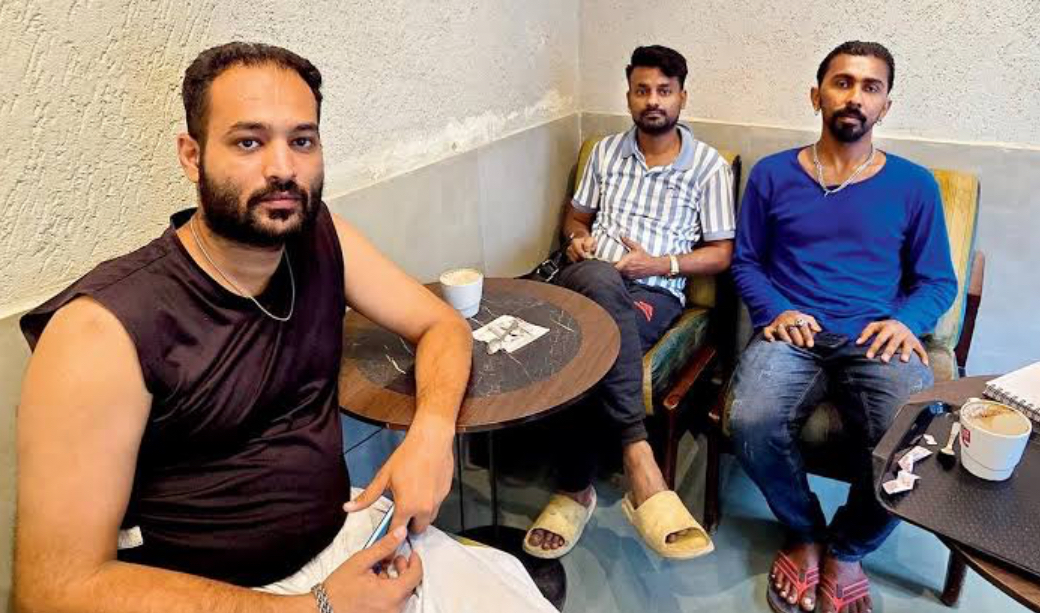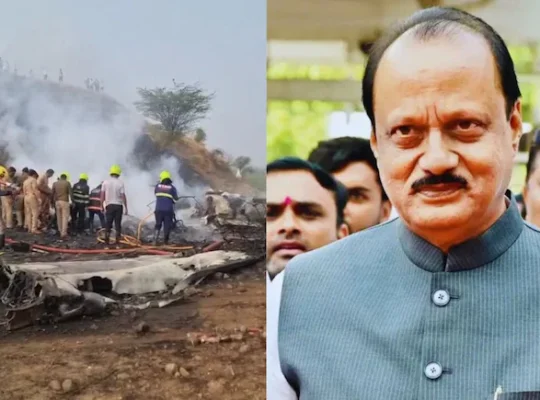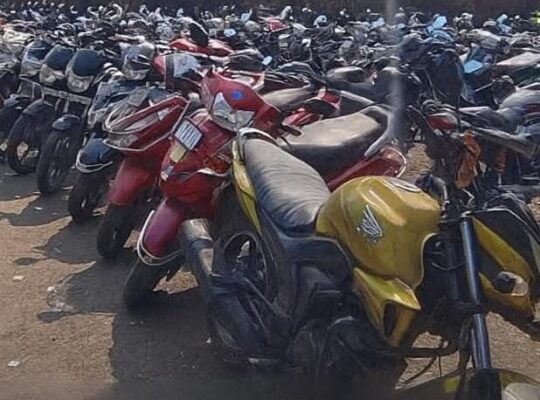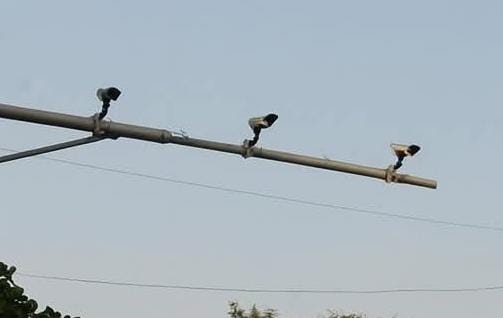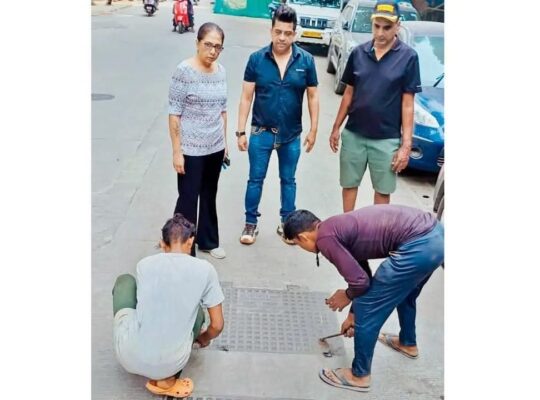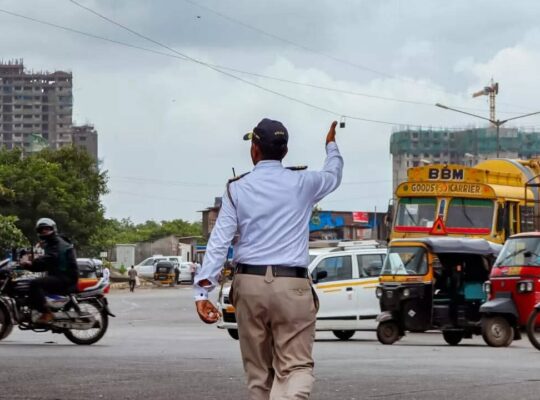One of three men who managed to escape from cybercrime syndicates operating in Laos has allegedly received death threats after demanding his pending salary from a trafficker involved in luring them overseas. The trafficker is said to be one of three agents who facilitated the men’s journey from Mumbai to Thailand, eventually leading to their forced placement in cybercrime operations near the Golden Triangle Special Economic Zone.
Ismail Sayed, one of the victims, revealed that when he contacted the agent—who was once his childhood friend—demanding the salary promised before departure, he was met with chilling threats. “I wasn’t paid anything for the months I was trapped there. When I returned to India, I asked him for the dues and warned that I’d go to the police. He replied with a terrifying message,” Sayed said.
The message, sent via WhatsApp from an international number, read: “Do you think it’s useful? Remember, there are many people in India short of money. Believe that money can solve many problems. Your child has just been born! Before he starts to talk, he’ll have no father. I know where your home is. Be careful when you go out. Lock your doors—there are too many desperate people in the slums.”
Sayed has filed a formal complaint at the Naya Nagar Police Station in Mira Road, naming the three agents who facilitated their travel. However, an FIR has not yet been registered. “I’ve submitted a detailed two-page complaint, but no action has been taken so far,” he said.
The trafficking case involves five men from Mira Road, of whom only three—Ismail Sayed, Shaban Salim, and Sayed Zakir Abbas—have managed to return. Two others, Lucky Ali and Farooq Shaikh, remain trapped in Laos. According to Salim, the traffickers had promised them high-paying jobs at call centres in Laos, with a monthly salary of Rs 70,000. But on arrival, the men discovered they had been sold into forced labour for Rs 5 lakh each and were being compelled to carry out cyber fraud under Chinese-run criminal operations.
“The conditions were inhumane. We were told we’d get decent food and lodging, but we lived in near starvation, under constant threat. Our mental and physical health collapsed,” Abbas said. He too plans to file a separate complaint.
Salim noted that two of the accused agents have flown to Laos again, while the third continues to roam freely in Mira Road due to the police’s delay in registering an FIR. A police officer from Naya Nagar Station confirmed that a written complaint had been received and said the victims had been summoned to explain the trafficking modus operandi before formal registration.
A Widening Trafficking Network
The Laos-based cybercrime racket, allegedly run by Chinese syndicates, has been flourishing for years. Using the lure of overseas employment, these groups have trafficked numerous Indian youth into forced cybercrime roles and online scams. Similar complaints have surfaced across India, and in several cases, FIRs have been registered. Given the transnational scope of the operation, the National Investigation Agency (NIA) is now examining such cases under the NIA Act, 2008.
In one instance from March 2024, the Vile Parle Police booked three agents under the IPC and Emigration Act after another trafficking victim came forward. The case was later transferred to the Mumbai Crime Branch, leading to the arrest of two agents, while a third remains absconding. This case has since been taken up by the NIA due to its broader national and international ramifications.
Government Advisory and Warning
To prevent further incidents, the Embassy of India in Laos issued an advisory on May 7, 2024, warning Indian nationals about fraudulent job offers that route through Thailand and end up in Laos. The advisory specifically mentioned offers for roles like “Digital Sales Executive” or “Customer Support Agent,” which are often fronts for recruitment into cyber scam syndicates in the Golden Triangle SEZ.
These offers frequently include fake interviews, typing tests, free visas, hotel bookings, and round-trip airfare—all used to mislead and traffic individuals into Laos. Victims are then held in captivity, subjected to physical and psychological abuse, and forced to work under extreme conditions.
Indian authorities also emphasized that tourist visas do not permit employment in either Thailand or Laos, and warned that anyone convicted of human trafficking in Laos could face up to 18 years in prison.
Officials have urged citizens to exercise extreme caution, thoroughly verify all job offers, and avoid deals that seem too good to be true—especially those involving travel to regions known for trafficking activity.

